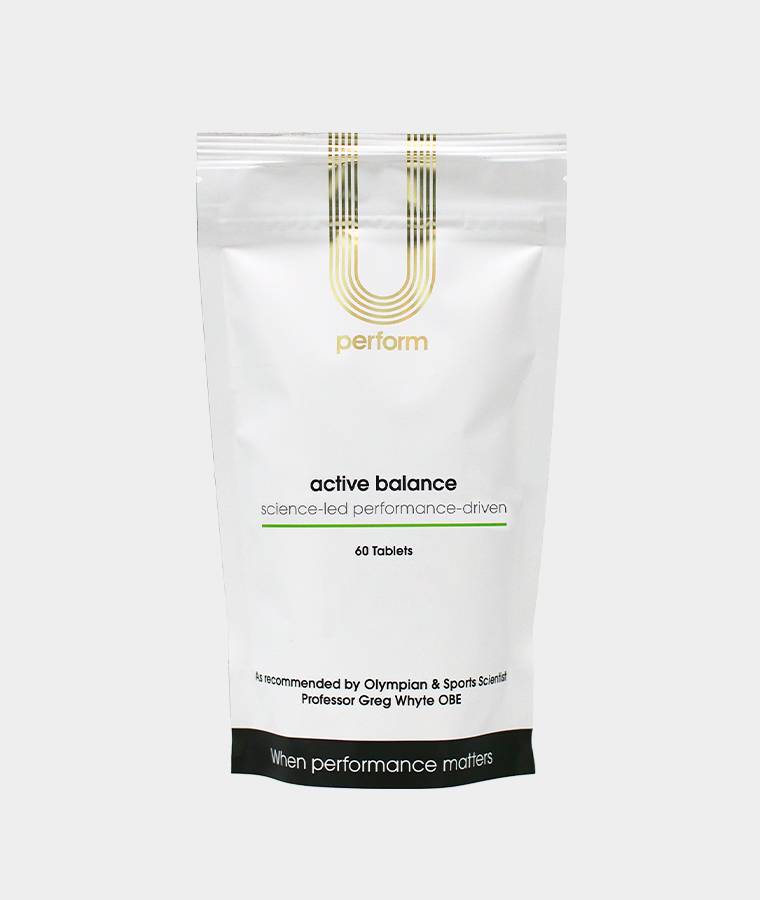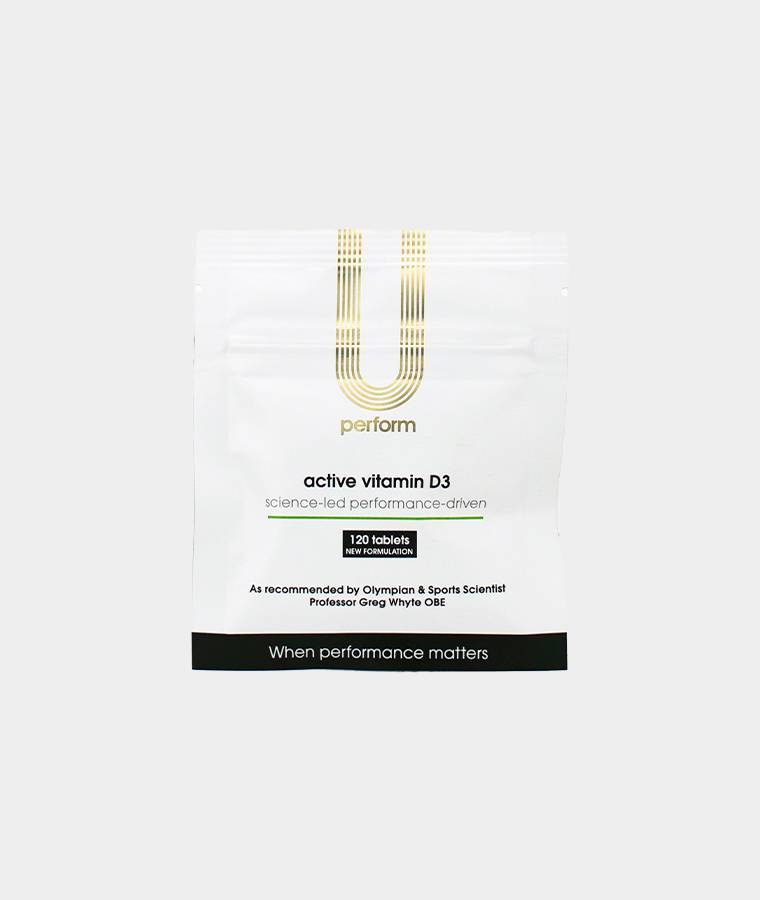70% of your immune system is located in the gut, where the diversity of bacteria is best.
We all know that what you eat can affect your weight and energy levels, but what might come as a surprise… is the extent to which your diet can affect your immune system.
Immune cells in the gut interact with the microbiota, the diverse array of bacteria and fungi that live in the gastrointestinal tract and are directly influenced by an individual’s diet and lifestyle.
A recent study looking at links between diet and COVID-19, discovered that people who ate a gut-friendly diet, including lots of plants, were 40% less likely to have severe COVID symptoms or to require hospital treatment than people who ate an unhealthy diet.
We know that the health of your immune system can influence your gut health, likewise your gut microbiome can have a direct effect on your immune system.
Simple steps that can improve your gut health and therefore boost your immune system:
1. DIET
Eating a diverse diet rich in whole foods can lead to a diverse microbiome, which is beneficial for your health. Unfortunately, the traditional Western diet is not very diverse and is rich in fat and sugar. In fact, an estimated 75% of the world’s food is produced from only 12 plant and 5 animal species… so go explore new foods.
Many fruits and vegetables are high in fibre. Fibre promotes the growth of beneficial gut bacteria, including specific types such as Bifidobacteria. Apples, artichokes, blueberries, almonds, and pistachios have been shown to increase Bifidobacteria in humans. Bifidobacteria are considered beneficial bacteria, as they can help prevent intestinal inflammation and enhance gut health.
Fermented foods like plain yoghurt can benefit the microbiome by enhancing its function and reducing the abundance of disease-causing bacteria in the intestines. Fermented foods have undergone fermentation, a process in which the sugars they contain are broken down by yeast or bacteria. Some examples of fermented foods are: yoghurt, kimchi, sauerkraut, kefir & kombucha.
Prebiotics promote the growth of several types of beneficial bacteria, including Bifidobacteria. Some studies suggest that prebiotics could also reduce risk factors for certain health conditions by decreasing levels of insulin, triglycerides, and cholesterol.
2. SLEEP
How many times have you felt poorly before bed only to hear the reassuring words ‘you’ll feel so much better after a good night’s sleep?’ It’s not always the case, of course, but there’s plenty of truth in — and science behind — a saying passed down through the generations. Better sleep means better health.
The optimal amount of sleep for most adults is seven to eight hours of good sleep each night. Teenagers need nine to 10 hours of sleep. School-aged children may need 10 or more hours of sleep. Infection-fighting antibodies and cells are reduced during periods when you don't get enough sleep.
3. EXERCISE
Typically, there are small amounts of immune cells that circulate on a consistent basis throughout the body; by increasing the movement of blood and lymph (which contains white blood cells) through exercise, you are increasing the movement of more immune cells from lymph nodes and the spleen into the bloodstream.
Exercise doesn't have to mean running 10km or going on a lengthy hike; start small and adjust your routine as needed. Do short bursts of activity throughout your day if you can't do it all at once; some movement is better than none!
4. HYDRATION
Your immune system relies on your bloodstream to transport fluid, nutrients and important communication signals to organs. Since blood plasma is about 90% water, hydration is necessary to support this.
The total amount of water needed each day varies from one individual to another and this is another area that continues to be heavily debated, you therefore need to listen to your own body to determine what’s right for you. If you aim for around 8 glasses of water daily you’re likely on the right track.
5. SUPPLEMENTS
Making healthy lifestyle choices, as mentioned above, consuming nutritious foods and getting enough sleep and exercise are the most important ways to bolster your immune system. However, research has shown that supplementing with certain vitamins, minerals, herbs, and other substances can help improve immune response and potentially protect against illness. For example - Vitamin D enhances the pathogen-fighting effects of monocytes and macrophages - white blood cells that are important parts of your immune defence - and reduces inflammation, which helps promote immune response.
Vitamin C supports the function of various immune cells and enhances their ability to protect against infection. It’s also necessary for cellular death, which helps keep your immune system healthy by clearing out old cells and replacing them with new ones.
Research has also shown that taking bovine colostrum supplements boost your immunity, help fight infections, improve gut health, and support increased athletic performance and recovery.
6. STRESS
Reduce your stress level by finding activities that relax you. Listen to calming music, watch a film, go for a walk, do some yoga, read a book, do some breathwork, be creative… The list is endless so try loads of different things until you find your groove.
7. ALCOHOL
You do not necessarily need to go teetotal to feel the benefits of drinking less. Even just setting and sticking to a few drink-free days a week, or swapping to lower-strength drinks, are great steps in the right direction. It's recommended to drink no more than 14 units of alcohol a week, spread across 3 days or more. That's around 6 medium (175ml) glasses of wine, or 6 pints of 4% beer.
Small changes to your routine can have huge benefits… so don’t try to change everything at once. Little by little you will build healthier habits and begin to see and feel the difference.
View the supplements on this page to see how they can help you boost your immune system and gut health.
Vitamine D3, the sunshine vitamin, has a number of very well known benefits for the body. These are to promote calcium levels, bone health, and to promote the growth of the collagen strands in bone.
Vitamin D can also support the body’s immune responses. Deficiency in vitamin D is associated with increased autoimmunity as well as an increased susceptibility to infection.
However, the major cause of vitamin D deficiency is inadequate exposure to sunlight. It is difficult to supplement it with food because sufficient concentrations of vitamin D naturally occur only in a handful of food products. Therefore, deficiency of this vitamin is commonly corrected with oral supplements.
Active Vitamin D3 is ‘Your Proven Advantage’ when it comes to boosting both your immune function & response... but don’t just take our word for it. Why does science suggest you should take Active Vitamin D3 as part of your immune system boosting nutritional strategy?
THE SCIENCE
Vitamin D3, but not D2, linked to improved immunity… According to a recent study, D2 and D3 may have different effects on the body. The active form of vitamin D3 tempers the damaging inflammatory response of some white blood cells, while it also boosts immune cells’ production of microbe-fighting proteins.
Dr. Micheal Snyder, Ph.D., chair of the Department of Genetics at Stanford University, who was involved in the study, said “We think that health policy should change. The food industry should only add vitamin D3 to its products, avoiding vitamin D2. Health policy should be specific about the type of vitamin D that should be used in supplements and fortified foods: vitamin D3.”
ACTIVE VITAMIN D3
Active Vitamin D3 is an optimal source of vitamin D3 to help you perform at your best. Getting sufficient Vitamin D3 contributes to the healthy function of our immune systems, improving resistance against certain diseases. It also plays a role in the process of cell division as well as ensuring the maintenance of healthy bones and teeth.
To help you get the right amount of Vitamin D3 to support your immune system and your active lifestyle, our Active Vitamin D3 is 4000iu, ensuring that the absorption efficiency/bioavailability of Active Vitamin D3 meets your needs.
Even a healthy immune system can be supported by a variety of vitamins and minerals in order to do its job properly. The nutrients that keep our immune system working well include vitamins A, B6, B12, C and D as well as copper, folate, iron, selenium and zinc.
The food we eat can help us get these nutrients, however, we should consider taking a daily multivitamin like Active Balance to help us ensure we give ourselves the right nutrients everyday.
Choosing foods each day that are rich in vitamins and minerals is the best way for our body to get what it needs to be healthy. However, research consistently finds that most of us don’t get enough vitamins and minerals in our diets.
Active Balance is ‘Your Proven Advantage’ when it comes to boosting both your immune function & response... but don’t just take our word for it. Why does science suggest you should take Active Balance as part of your immune system boosting nutritional strategy?
THE SCIENCE
Vitamins are essential constituents of our diet that have long been known to influence the immune system. Vitamins A and D have received particular attention in recent years as these vitamins have been shown to have an unexpected and crucial effect on the immune response.
In addition, vitamins have a role in the immune system, which extends to both innate and adaptive immune responses. Although some vitamins, such as vitamins C and E and members of the B complex, can act in a relatively nonspecific manner in the immune system (for example, as antioxidants), other vitamins, such as vitamins A and D, can influence the immune response in highly specific ways. (Pleiner J, et al.2008.) & (Holick MF. Vitamin D deficiency. N. Engl. J. Med. 2007).
Bottom line is that ensuring an adequate intake of vitamins and minerals is essential for optimal immune response.
ACTIVE BALANCE
Our powerful multivitamin, Active Balance, offers a convenient way of complimenting your diet with 71 vitamins and minerals, alongside fruit and plant extracts, amino acids and prebiotics, to restore and rebalance the body’s overall wellness.
Unlike most multivitamin supplements, Active Balance is a science-led, evidence backed premium formulation that uses generous amounts of vitamins, minerals, plant, fruit, and herbal ingredients to specifically meet the daily demands of an active body.

-min.png?v=1666886500240&options=w_750)


